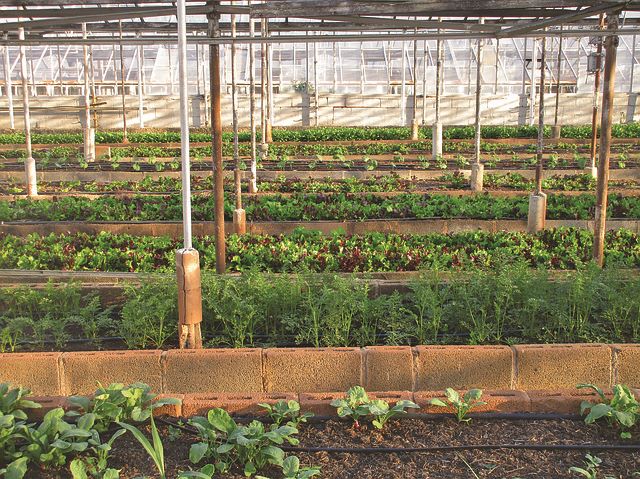Organic farming, with its clearly defined and legally based practice, shares many principles with regenerative farming, including soil health, biodiversity and sustainability. Scott Park, a California farmer, introduced regenerative organic farming to his farm in 1985 after noticing that his soil was losing fertility. His practices include minimal tillage, the use of compost, cover crops, seaweed and microorganisms, and no synthetic pesticides or fertilizers.
Known today as a leader in regenerative organic agriculture, Park’s farm grows a variety of crops on 700 acres in the Sacramento Valley, including tomatoes, rice, corn, wheat, alfalfa, squash and watermelons. The adoption of regenerative organic practices was challenging, because at that time there was a lack of scientific support and templates for the transition from conventional to organic agriculture. During the 1980s and 1990s, agriculture relied heavily on chemical methods, while practices that promote soil health took a back seat.
Agriculture that saves the land
Regenerative agriculture includes climate-friendly methods that protect biodiversity and improve soil fertility. According to Brice Tenser of the Organic Farming Research Foundation, organic farming is based on cooperation with nature and contributes to clean water and prosperous communities. Cover crops and crop rotation are key to maintaining soil health, and organic farmers often lead the way in implementing these methods, using them to increase soil resilience and protect against erosion.

The park’s practice of regenerative organic farming involves the annual addition of 10-15 tons of biomass per hectare. This is done with the goal of sustaining life in the land 365 days a year. The practice in question helps in several ways. Namely, it contributes to:
- better water retention
- reducing the need for nitrogen
- elimination of problems with insects
- elimination of problems with diseases
- reducing the energy costs of tillage.
However, weeds remain a challenge. It is precisely for these reasons that manual removal and minimal processing are used.
Tools and research related to soil health will be presented at the upcoming Organic Agriculture Summit, which will be held on December 4 in Monterey. The panel will bring together experts from the USDA and other organizations. Experts will discuss the role of cover crops, rotations and other regenerative practices in improving sustainability.
Source: Farm Progress
Source: boljazemlja.com


